Most people expect mental health problems to show up during...
Read More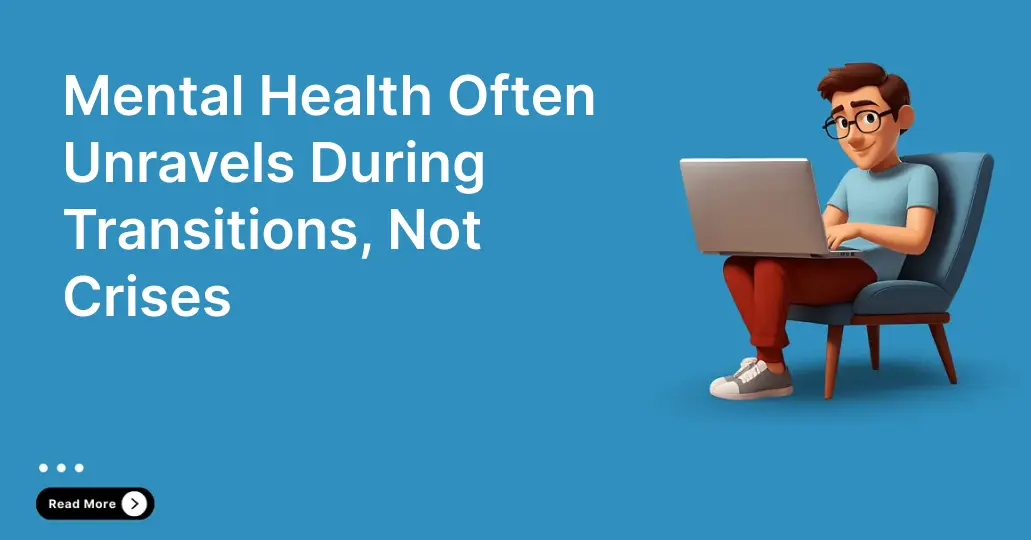
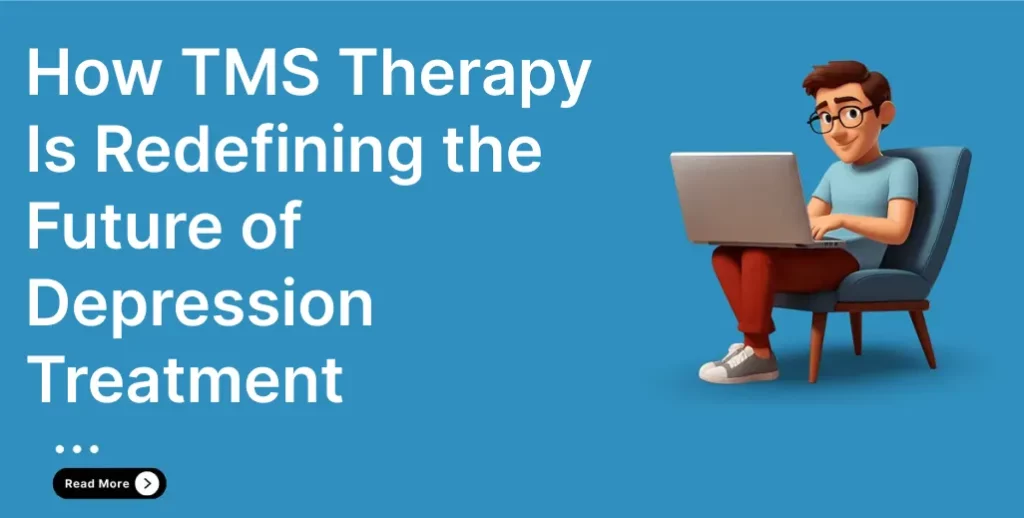
For many people living with depression, finding the right treatment can be a long and challenging process. Traditional antidepressant medications don’t work for everyone, and even when they do, side effects can make them difficult to sustain. In recent years, however, a new approach has emerged that’s changing how clinicians treat mood disorders: Transcranial Magnetic Stimulation, or TMS Therapy.
TMS uses magnetic pulses to stimulate specific areas of the brain responsible for mood regulation. Unlike medication, it doesn’t rely on altering brain chemistry systemically, and it’s entirely noninvasive. This groundbreaking therapy is offering hope to individuals who have struggled for years to find relief.
TMS Therapy involves placing a magnetic coil gently against the patient’s scalp, where it emits targeted pulses that activate underperforming regions of the brain linked to depression. The process helps “retrain” neural pathways, restoring more balanced brain activity.
Each session typically lasts about 20–30 minutes, and patients can return to their daily activities immediately afterward, no sedation or downtime required. Most individuals undergo several sessions per week over a four-to-six-week period, leading to significant and sustained improvements in mood.
Clinicians offering TMS Therapy for depression often report that patients begin noticing gradual changes within just a few weeks, including improved energy, motivation, and clarity of thought.
What makes TMS stand out is its safety profile. Since it doesn’t involve medication, there are no systemic side effects like weight gain, fatigue, or nausea. This makes it an appealing option for individuals who haven’t responded to antidepressants or who wish to avoid long-term pharmaceutical dependency.
The treatment is FDA-approved for major depressive disorder and is increasingly being studied for conditions like anxiety and obsessive-compulsive disorder (OCD). For many, it represents a middle ground between talk therapy and more invasive medical interventions such as electroconvulsive therapy (ECT).
If you’re considering new treatment approaches and want to learn more about how brain stimulation therapies work, exploring educational resources and clinical data can help guide your decision.
TMS Therapy works best as part of a comprehensive treatment plan. Many patients continue psychotherapy or counseling while undergoing TMS, enhancing the brain’s ability to internalize positive behavioral and cognitive changes.
By improving neural activity and mood stability, TMS often helps individuals engage more effectively in traditional therapy sessions. It’s a holistic approach, addressing both the biological and emotional roots of depression.
Some clinicians also combine TMS with mindfulness techniques, nutritional support, and lifestyle adjustments, creating a personalized framework for long-term mental wellness.
Modern psychiatry is evolving rapidly. Treatments like TMS are helping to bridge the gap between neuroscience and patient care, offering safe, evidence-based solutions for those with treatment-resistant depression. These innovations mark a shift toward personalized, precision-based mental health interventions.
As awareness grows, more people are seeking alternatives that address the underlying mechanisms of depression rather than masking symptoms. With continued research and accessibility improvements, the future of brain-based therapy looks brighter than ever.
To explore expert insights and treatment options designed to restore mental wellness, visit HWS Center for professional guidance and support.
Depression can make the world feel small, heavy, and unchanging. But breakthroughs like TMS Therapy prove that recovery is always possible, even when other treatments haven’t worked. With its noninvasive design and strong clinical results, TMS is empowering patients to regain control of their mental health and rediscover joy in everyday life.
To learn more about innovative depression treatment options and how brain stimulation therapies are reshaping modern care, visit https://hwscenter.com/ for detailed resources and professional support.

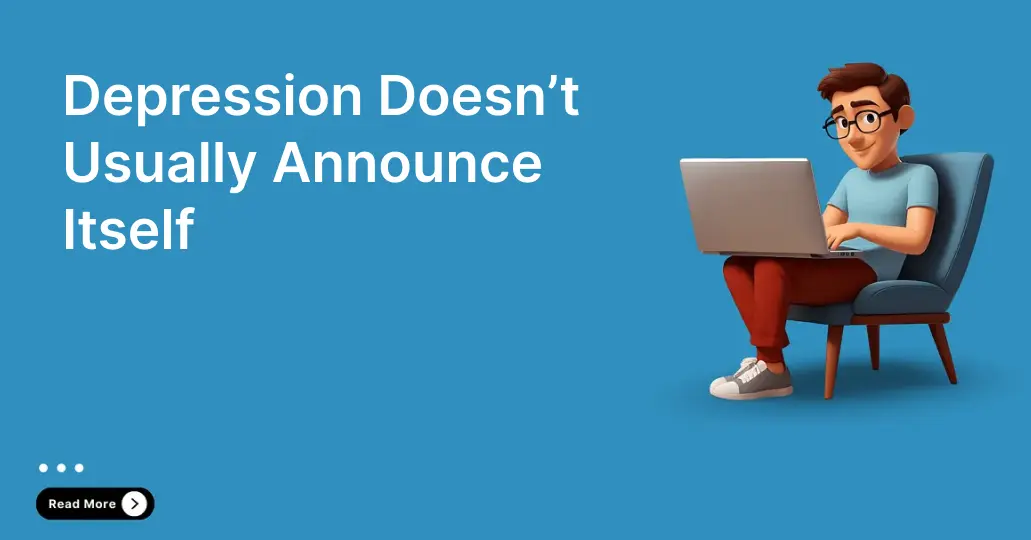
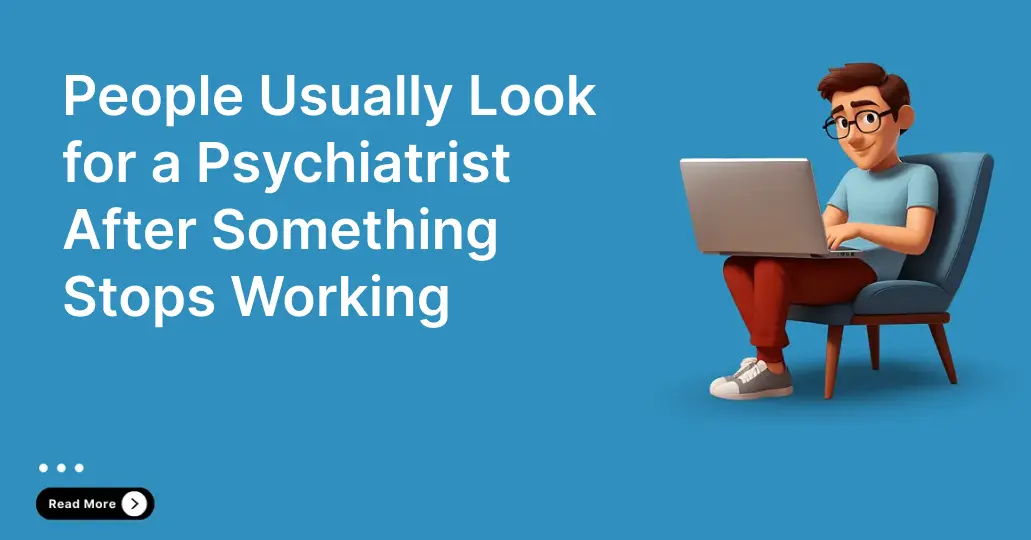


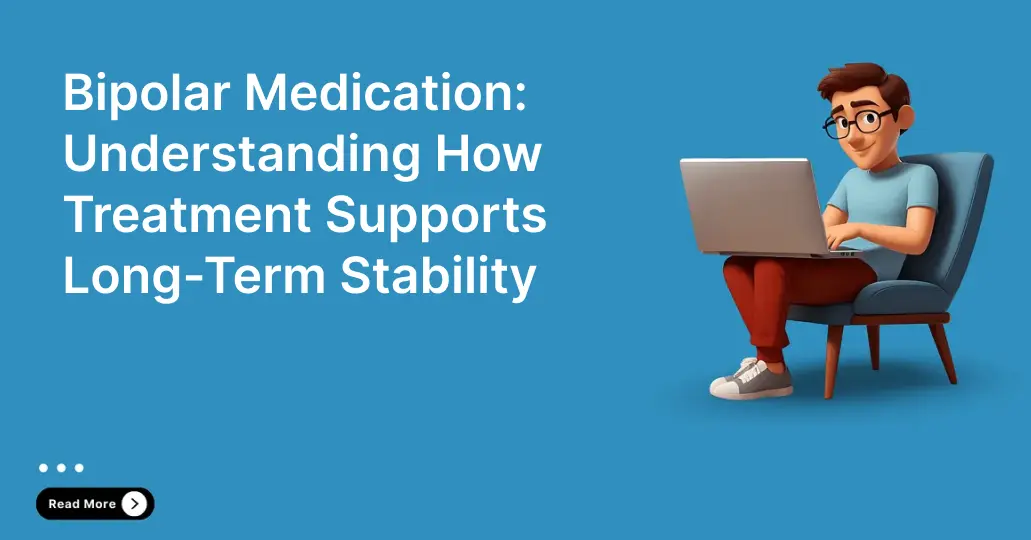
Take this next step, we’ll help with the others.
Most people expect mental health problems to show up during...
Read MoreMost people don’t notice depression when it begins. They notice...
Read MoreMost people do not wake up one day and decide...
Read MoreA lot of people come into mental health treatment already...
Read MoreWe use cookies to improve your experience on our site. By using our site, you consent to cookies.
Manage your cookie preferences below:
Essential cookies enable basic functions and are necessary for the proper function of the website.
These cookies are needed for adding comments on this website.
Google reCAPTCHA helps protect websites from spam and abuse by verifying user interactions through challenges.
Google Tag Manager simplifies the management of marketing tags on your website without code changes.
You can find more information in our Cookie Policy and Privacy Policy.